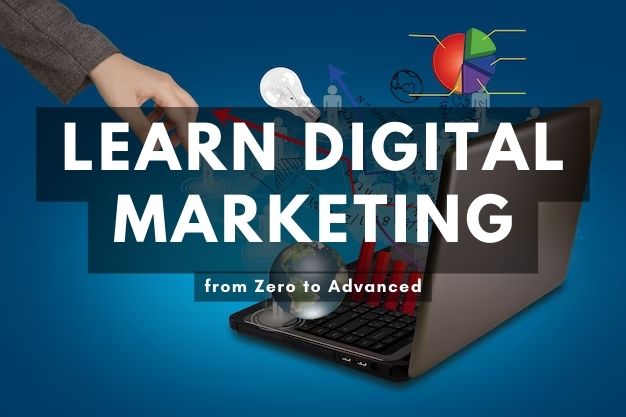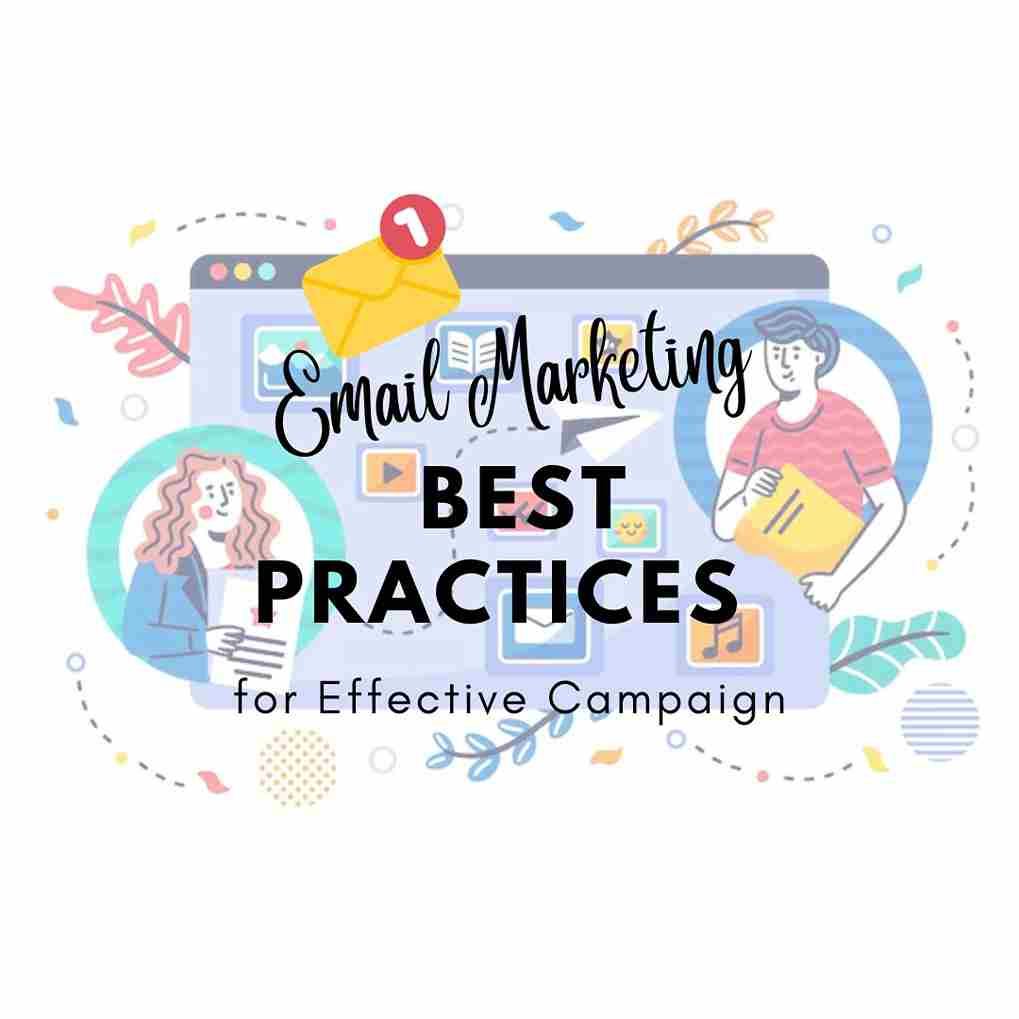What is Channels in Digital Marketing?
Channels in digital marketing are the ways that marketers use to reach and communicate with their target audiences online. Some examples of channels are websites, social media, email, search engines, and online advertising. Each channel has its own advantages and disadvantages, depending on the goals, budget, and preferences of the marketer. Channels can also be combined and integrated to create a more effective and cohesive digital marketing strategy.
Digital marketing is the use of online platforms and technologies to promote products, services, or brands. Digital marketing channels are the different ways that marketers can reach and engage with their target audiences online. Some of the most common digital marketing channels are:
Website: A website is the online home of a business or organization. It provides information about the products, services, or mission of the entity, and often includes features such as contact forms, online stores, blogs, or newsletters. A website is an essential channel for building credibility, generating leads, and converting customers.
Search engine optimization (SEO): SEO is the process of improving the visibility and relevance of a website or web page in the organic (unpaid) results of search engines such as Google or Bing. SEO involves optimizing the content, structure, and technical aspects of a website or web page to match the search intent and preferences of the target audience.
Search engine marketing (SEM): SEM is the use of paid advertising on search engines to drive traffic to a website or web page. SEM involves bidding on keywords or phrases that are relevant to the products, services, or goals of the business or organization, and creating ads that appear on the search results pages or other websites in the search network.
Social media marketing (SMM): SMM is the use of social media platforms such as Facebook, Twitter, Instagram, or LinkedIn to connect with and influence potential and existing customers. SMM involves creating and sharing content that is valuable, engaging, and relevant to the target audience, and participating in conversations and communities related to the brand or industry.
Email marketing: Email marketing is the use of email to communicate with and persuade potential and existing customers. Email marketing involves creating and sending personalized messages that offer value, information, or incentives to the recipients, and encourage them to take action such as visiting a website, making a purchase, or signing up for a newsletter.
Content marketing: Content marketing is the creation and distribution of valuable, relevant, and consistent content that attracts and retains a clearly defined audience, and drives them to take profitable actions. Content marketing can include various types of content such as blog posts, ebooks, white papers, infographics, videos, podcasts, or webinars.
Influencer marketing: Influencer marketing is the use of influential people who have a large and loyal following on social media or other platforms to endorse or promote a product, service, or brand. Influencer marketing involves identifying and collaborating with influencers who have a high level of trust and authority among the target audience and creating authentic and engaging content that showcases the benefits or features of the product, service, or brand.
Affiliate marketing: Affiliate marketing is a type of performance-based marketing where a business rewards one or more affiliates for each visitor or customer brought by the affiliate's own marketing efforts. Affiliate marketing involves partnering with websites, blogs, or influencers who have access to the target audience, and providing them with links or banners that direct the visitors to the business's website or product page.
These are some of the most popular and effective digital marketing channels that can help businesses and organizations reach their online goals. However, there are many other channels that can be used depending on the specific needs and objectives of each entity. The key to successful digital marketing is to choose the right channels for the right audience, create high-quality content for each channel, measure and analyze the results of each channel, and optimize and improve each channel over time.
Share This Post
Related Articles
Cracking the Sales: Understanding B2B Customer Buying Behaviour in Digital Marketing!
Discover the fundamentals of B2B customer buying behavior and its pivotal role in digital marketing strategies. Unlock insights to engage and convert business clients effectively!
How To Learn Digital Marketing from Zero to Advanced
Explore the comprehensive guide on how to learn digital marketing from scratch and advance your skills in the ever-evolving digital landscape. Master content marketing, social media, email campaigns, SEO, paid advertising, analytics, and advanced strategies. Start your journey to become a digital marketing wizard today!
Email Marketing Best Practices for Effective Campaign
Discover the Email Marketing Best Practices for Effective Campaigns and learn how to craft captivating subject lines, create engaging content, and avoid the spam folder. Become a master of email marketing and watch your campaigns soar!
How to Grow Your Local Business Online
One of the most effective ways to grow your local business online is to optimize your website for local search. Local search is when people use search engines to find products or services near them, such as "pizza delivery in Bilaspur" or "dentist in Raipur". By following some simple steps, you can make sure your website ranks high for these queries and attracts more customers to your business.
B2B Marketing: Winning Strategies for Business Growth
Unlock the secrets to B2B marketing success with winning strategies that drive business growth. Learn data-driven decision-making, content marketing, SEO, and more!
Related FAQ
No related FAQ.
Say Hello
To Your Dream





